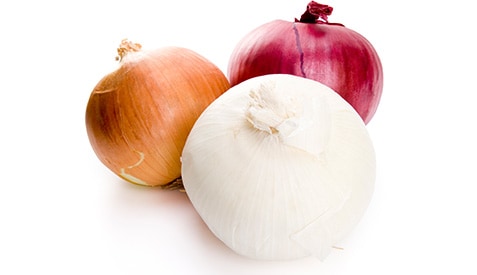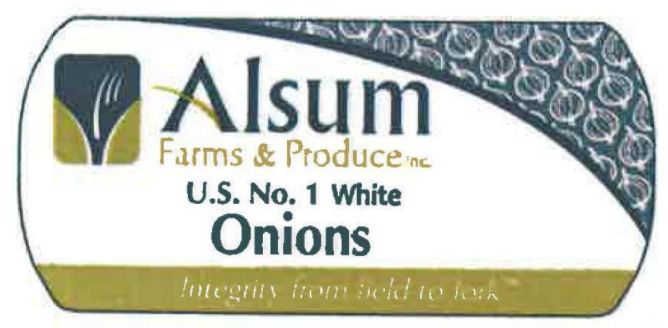The FDA, along with CDC and state and local partners, continue to investigate the multistate outbreak of Salmonella Oranienburg infections linked to whole, fresh onions. FDA’s traceback investigation is ongoing but has identified ProSource Produce, LLC (also known as ProSource Inc.) of Hailey, Idaho, and Keeler Family Farms of Deming, New Mexico, as suppliers of the potentially contaminated whole, fresh onions imported from the State of Chihuahua, Mexico. As of November 12, 2021, CDC reports 892 illnesses, 183 hospitalizations in 38 states and Puerto Rico. Since the last update on October 29, 2021, 84 more sick people have been added to this outbreak. Multiple companies have recalled onions. All recalled onions were supplied by ProSource Produce LLC and Keeler Family Farms and imported from the State of Chihuahua, Mexico, between July 1, 2021, and August 31, 2021. @ https://www.cdc.gov/salmonella/oranienburg-09-21/index.html
ruth
Get the most up-to-date outbreak information here.
ruth
The FDA reported that Alsum Farms & Produce, Inc. (Friesland, Wisconsin) recalls Alsum Farms & Produce fresh whole yellow onions in 3 lb. bags, 5 lb. bags, and 50 lb. cartons; fresh whole white onions in 2 lb. bags; and fresh whole red onions in 2 lb. bags delivered to select retailers in Wisconsin, Illinois, Michigan, and Pennsylvania between July 13, 2021, and August 18, 2021. The recalled onions were imported from Chihuahua, Mexico. The affected onions were sourced from Keeler Family Farms and are being recalled because they can be contaminated with Salmonella. To date, no illnesses have been reported in connection with onions marketed through Keeler Family Farms. @ https://www.fda.gov/safety/recalls-market-withdrawals-safety-alerts/alsum-farms-produce-voluntarily-recalls-select-yellow-white-and-red-onions-because-possible-health
Friesland, Wisconsin, November 12, 2021 — Alsum Farms & Produce, Inc. of Friesland, Wisconsin is voluntarily recalling Alsum Farms & Produce fresh whole yellow onions in 3 lb. bags, 5 lb. bags, and 50 lb. cartons; fresh whole white onions in 2 lb. bags; and fresh whole red onions in 2 lb. bags deliv
The CDC issued a food safety alert for Josie’s Organics baby spinach with a best-by date of Oct. 23, 2021, after an E. coli O157:H7 outbreak was linked to the products. Minnesota officials found E. coli O157:H7 in a package of leftover Josie’s Organics baby spinach collected from a sick person’s home. Five people in this outbreak reported eating spinach in the week before they got sick and 1 reported Josie’s Organics brand. The product was sold nationwide in plastic clamshell containers. To date, there has been no recall of the spinach. According to the CDC, 10 people have been infected with E. coli O157:H7 throughout seven states: Indiana, Iowa, Michigan, Minnesota, Missouri, Ohio, and South Dakota. Out of those 10 people, two hospitalizations were reported. No deaths have been reported. WGS showed that bacteria from sick people’s samples are closely related genetically. This suggests that people in this outbreak got sick from the same food. @ https://www.cdc.gov/ecoli/2021/o157h7-11-21/index.html
Get the most up-to-date outbreak information here.
ruth
The CFIA announced a further extension of the recall issued originally on October 28, 2021, and first extended on November 04. The recall has been updated to include additional product information. This additional information was identified during the CFIA food safety investigation. Covic International Trading Inc. recalled Jongilpoom brand Enoki Mushroom from the marketplace due to possible Listeria monocytogenes contamination. The recalled product has been sold in British Columbia, Alberta, Saskatchewan, and Manitoba and may have been distributed in other provinces and territories. There have been no reported illnesses associated with the consumption of this product. @ https://recalls-rappels.canada.ca/en/alert-recall/jongilpoom-brand-enoki-mushroom-recalled-due-listeria-monocytogenes-4?utm_source=r_listserv




